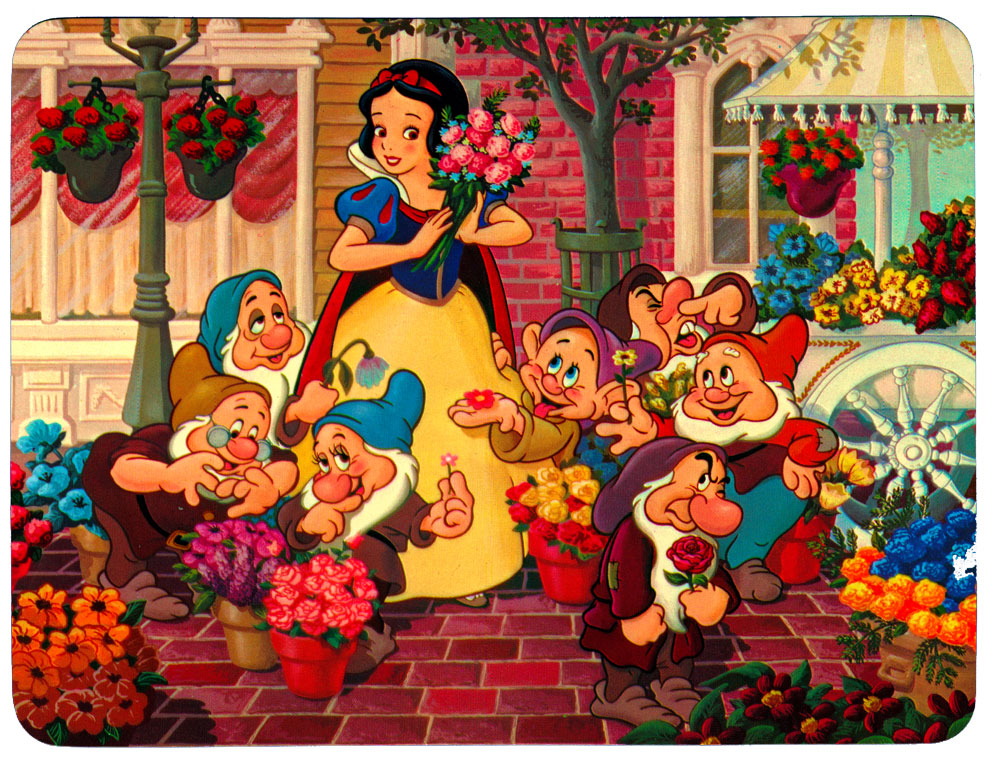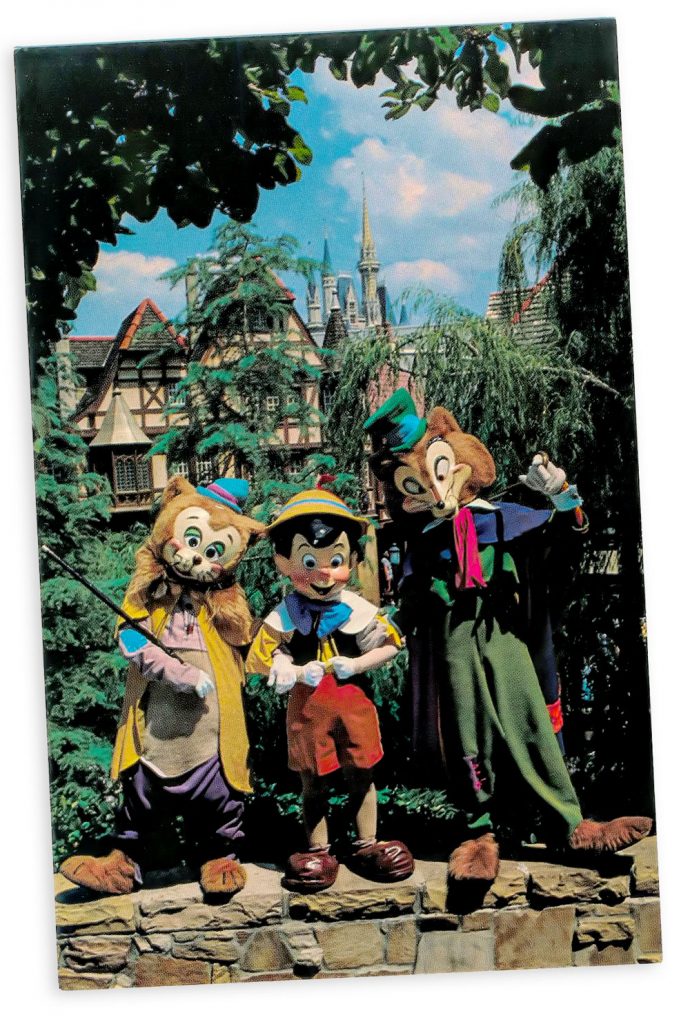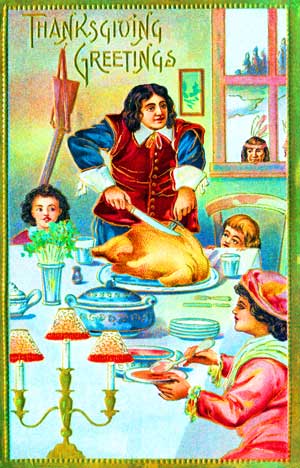Eric Cleon Larson was born on September 3, 1905, and was a famous American animator with the Walt Disney Company. He was born in Cleveland, Utah, the son of Peter and Nora Larson, who were Dutch immigrants. Peter was a clothing salesperson, and Nora was a homemaker.
Eric enjoyed drawing as a child and developed his talent for art in high school. He was on the yearbook staff all four years of high school and was promoted to Art Director of the yearbook his senior year of high school. After graduating, he went to the University of Utah and majored in journalism, moving his passion from drawing to writing. He still sketched as a hobby at this time, but considered himself a writer above anything else. In fact, after graduating college, he brought a story he had written, an adventure called The Trail of the Viking, to the KHJ Radio station, hoping to sell it to them as a radio serial.
The people at the radio station read the story and liked it, but told Eric that he didn’t know anything about writing for radio. Still, believing he had potential, they sent him to seek tutelage from Richard Creedon, who used to be one of the best writers at the station. At the time the radio station sent Eric to Richard, Richard was working for the Walt Disney Company in their Story Department.

Though he was pretty busy with his job, Richard agreed to tutor Eric whenever he had the time. Also, Richard mentioned to Eric that Walt Disney himself was looking for new talent. Eric was not interested in working for the Walt Disney Company at the time. After all, his interest in drawing had waned, and he believed animation was too mechanical in nature, essentially assembly line drawing. Eric did not find any appeal in it. More importantly, he was not hard up for money, as he was making a good living as a freelance writer at the time he went to visit Richard.
Yet, Richard encouraged Eric to submit some drawings for consideration anyway. He told Eric that the unique art of film animation would challenge any creative ability he had or could develop. This intrigued Eric enough that he did submit some drawings to the Walt Disney Company, just to see what would come of it. The drawings were good, and he was invited to do a tryout with the Disney Animation Department. After only two days of trying out with them, Eric wanted to quit.
Eric later told interviewers that the job was just how he thought it would be—boring and mechanical. He also did not find it creative at all, and was working with a supervisor named George Drake who was notoriously difficult to get along with for anyone. Richard encouraged Eric to stay with the tryout, though, so Eric did. And, after a week of basically auditioning for the job, Eric was hired by the Walt Disney Company.

Eric started out in the In-Between Department in the animation wing of Disney, where low-level animators made drawings to go in between the drawings of more senior animators. Yet, after five weeks on the job, a senior animator (and future Disney Legend) named Ham Luske asked to move Eric to his office to be his assistant. After working with Luske for about a year, Eric began to be given small pieces of film animation to do on his own. They were just small scenes here and there at first. But, when Disney did its first feature-length animated film, Snow White, Eric moved totally into animation in earnest. Eric personally animated some large groups of animals interacting with Snow White, and also did some animation work on the Dwarfs.
After Snow White, Eric did some work on Disney Silly Symphonies, before making another move up in the company. Eric became the animation director on Pinocchio and personally animated the cat Figaro in that movie. Walt and the other higher-ups at Disney enjoyed Eric’s pantomime style of animation so much in Figaro’s scenes that Walt told him to do whatever he wanted in animating the cat in the rest of the movie. Eric did just that, animating so much that most of it had to be cut—enough to make two short films, he later said. But, Walt loved it, and that’s what counted.
Eric’s work was seen in most Disney animated films after that. He stayed on with the company, and in 1973, when the company was looking for a new generation of animators to join them, Eric started a recruitment training program for the company. In fact, many of the most well-known animators of Disney’s modern era went through Eric’s training program.
Eric ended up spending his entire career at the Walt Disney Company, which was, he admitted after his retirement, the last place he ever thought he would be. He retired from the Walt Disney Company in September of 1986, just after finishing work on the animated movie, The Great Mouse Detective. When he retired, Eric was the longest-serving employee at the Walt Disney Company, having worked there for fifty-three years.
Eric later wrote his memoirs. In them, he said:
“After fifty-two years my association with people and product, the likes and equals of which I question I could have found and experienced in any other place or vocation, comes to an end. Through my work I have, with many others and within my own limitations, communicated with people around the world. I have helped give them a wholesome, exciting, enjoyable kind of entertainment—entertainment designed to give them a release from daily pressures and fears—entertainment abounding in happy endings.”
In his personal life, Eric was married to Gertrude Larson. After retiring, he died on October 25, 1988, at eighty-three years old. The next year, Eric was inducted as a Disney Legend, at the company he didn’t even want to work at in the beginning. Though he didn’t know it when he submitted his drawings to the company all those decades ago, Eric had found the place he truly belonged in the world.








